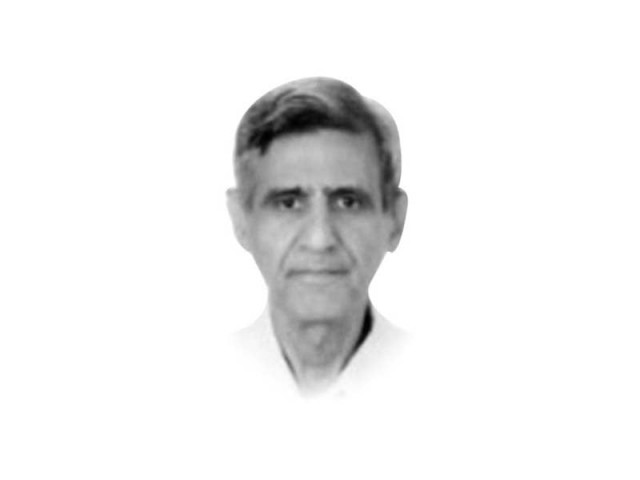The Day of Judgement
The judiciary is far more important than the legislature and the executive as it shapes the societal face of a nation

In the trinity of a state’s democratic structure, the judiciary is far more important than the legislature and the executive as it shapes the societal face of a nation. Winston Churchill’s famous remark describes this idea aptly. When the Germans were bombing London during the Second World War, Prime Minister Winston Churchill was briefed on the casualties and economic collapse. He asked, “Are the courts functioning?” When told that the judges were dispensing justice as normal, he replied, “Thank God. If the courts are working, nothing can go wrong.”
The rot set in when the bureaucrat turned politician, Malik Ghulam Muhammad, on becoming the third Governor General of Pakistan in 1951 (in order to stretch his rule) dissolved the first Constituent Assembly in 1954 and packed off the government of Prime Minister Khawaja Nazimuddin. The Speaker of the Constituent Assembly, Maulvi Tamizuddin Khan, got the historic and unanimous judgement in his favour from the bench of the Chief Justice, George Baxandall Constantine, an ICS Englishman and Pakistani jurist, then heading the Chief Court of Sindh which is now called the Sindh High Court. The course of history took an ugly turn when the eminent judgement was set aside by the Chief Justice, Muhammad Munir, and his bench in the Federal Court, Karachi, and allowed the dissolution of the Constituent Assembly by the Governor General by propounding the theory of the ‘Doctrine of Necessity’. Just one expedient judgement went on to create a chequered judicial history in the years ahead which served the purpose of the undemocratic forces. The only silver lining in this unfortunate judgement was the sole dissenting note of Justice Alvin Robert Cornelius also an ICS judge who later became the Chief Justice of Pakistan and was one of the finest legal brains to have served the apex court of this country.
When the saga of Chief Justice Iftikhar Muhammad Chaudhry was brewing during General Musharraf’s sagging days, many in the lawyers’ movement were led to believe that restoration of the ousted Chief Justice would establish the independence of judiciary. But soon this idealism waned when the CJP unleashed judicial activism of a unique kind. We saw top bureaucrats and Police Chiefs dealt with derision while attending Court Number One in Islamabad as a regular duty in matters pertaining to the federal and the provincial governments. The CJP ignored the role and responsibilities of the summoned officers in suo motu notice matters.
An irredeemable damage to judiciary resulted consequently due to a very close liaison between the bar and the bench during the lawyers’ movement. Subsequently, many segments of the bar became so polarised and recalcitrant that to this day the advocates spare no moment in committing unlawful acts of serious nature against all and sundry. Even the judiciary has not been spared in this regard.
A hapless populace of 220 million of this country is pinning hopes on the judges of the superior courts to purge the country of corruption, nepotism, loot and plunder by the rapacious elite through their just and speedy judgements. Alas, the superior courts are so overburdened with political cases that the priorities have gone awry. As far as the ordinary justice seekers are concerned, their only flicker of hope is to wait for the Day of Judgement. But then some Urdu poet has rightly conceived this verse.
Mauqoof hai kyon hashr pe insaaf hamara
Qisa jo yahan ka hai toh phir teh bhi yahan ho
Published in The Express Tribune, June 27th, 2021.
Like Opinion & Editorial on Facebook, follow @ETOpEd on Twitter to receive all updates on all our daily pieces.














COMMENTS
Comments are moderated and generally will be posted if they are on-topic and not abusive.
For more information, please see our Comments FAQ